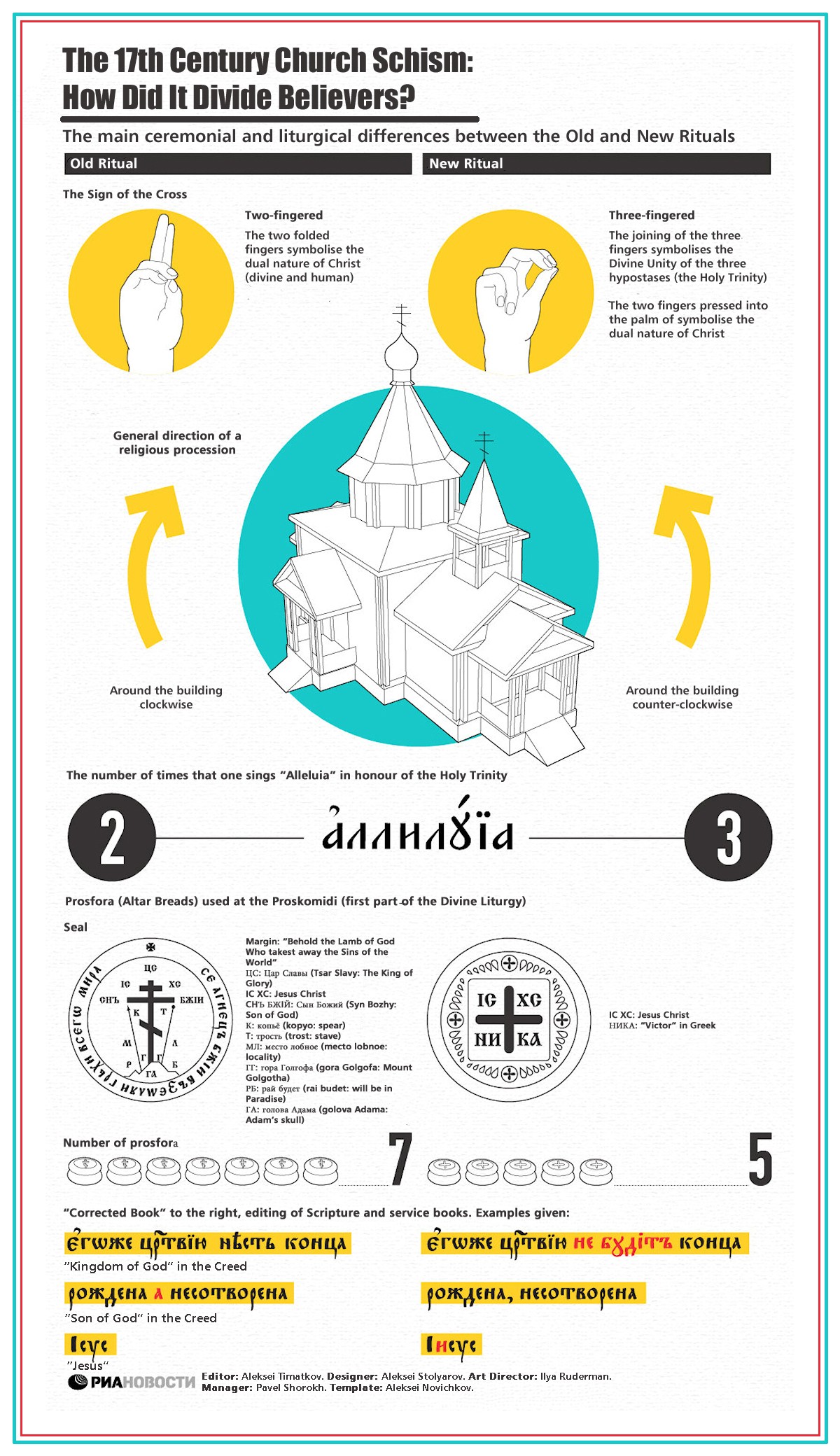Catholic Education And Learning And Social Justice: Growing A Better Tomorrow
Catholic Education And Learning And Social Justice: Growing A Better Tomorrow
Blog Article
Post Developed By-Hegelund Mclaughlin
In Catholic education, you're not just learning realities; you're being formed as a person devoted to social justice. https://thenevadaindependent.com/article/demolition-of-70-year-old-church-adds-to-a-history-of-vacant-lots-in-the-historic-westside encourages you to recognize the dignity of every person and to advocate for those that are typically unheard. By incorporating these values into your curriculum, you're positioned to make a genuine impact. But just how exactly does this education equate right into significant activity in your area? The response might amaze you.
The Structures of Catholic Education and Social Justice
As you check out the foundations of Catholic education and learning and social justice, you'll find that these 2 concepts are deeply linked.
Catholic education highlights the intrinsic dignity of everyone, rooted in the idea that all are produced in God's photo. This viewpoint promotes a sense of community and duty toward others.
It encourages you to identify social injustices and react with compassion and activity. The teachings of Jesus Christ motivate you to advocate for the marginalized and susceptible, reinforcing the idea that education and learning isn't nearly academic success; it has to do with developing a simply society.
Integrating Social Justice Into the Curriculum
Incorporating social justice into the curriculum changes education into a powerful tool for change. You'll encourage students to believe seriously regarding social issues, promoting empathy and a sense of responsibility.
By weaving social justice themes into topics like history, literature, and scientific research, you produce an even more pertinent and engaging learning experience. Talking about real-world issues aids trainees attach their research studies to the community, inspiring them to do something about it.
Incorporating diverse point of views enriches discussions and grows understanding among peers. Projects and collective projects can empower pupils to discover remedies to neighborhood and global obstacles.
Ultimately, this combination not only deepens their understanding however additionally forms caring individuals prepared to support for justice and equity in culture.
Neighborhood Engagement and Service Opportunities
Involving with the area via service possibilities enhances the lessons learned in the classroom. When you participate in local efforts, you'll experience firsthand the influence of social justice concepts. Volunteering at food banks, sanctuaries, or neighborhood clean-ups enables you to apply your expertise and values outside institution wall surfaces.
It fosters a sense of responsibility and compassion, connecting your education to real-world problems. Additionally, these experiences aid you build partnerships within your neighborhood, improving your understanding of varied point of views.
You'll uncover the significance of cooperation and team effort while working together with peers and neighborhood participants. By committing your time and abilities to service, you'll not just grow directly yet additionally add to producing a simply and thoughtful culture.
Verdict
Finally, Catholic education empowers you to accept social justice and cultivate a feeling of area responsibility. By integrating these values into your learning and participating in solution opportunities, you'll create vital thinking and empathy. get more info forms you as a specific however additionally equips you to be a leader devoted to developing a more simply and fair culture. Together, let's dedicate to building a much better tomorrow for everyone.
